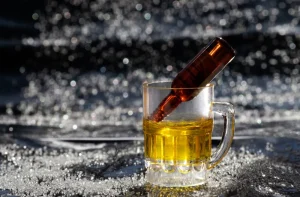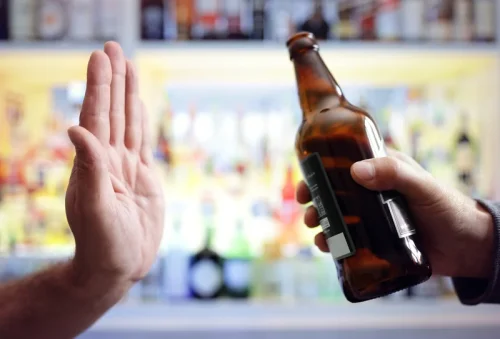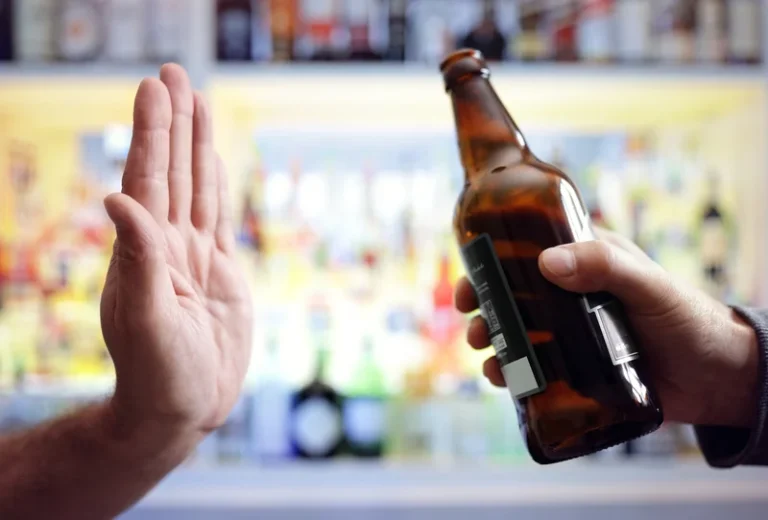
Now, all of a sudden, I’m showing up to dinner and I can have a conversation. All of a sudden, I can’t look anybody in the eye. All of a sudden, I don’t show up to Thanksgiving on time. I’m a completely different person when I’m sober and in recovery and when I’m in active addiction. We’ve been conditioned for so long to think of drug addicts as bad people, that somehow addiction is a moral failing or a personal choice. But the truth is addiction can affect anyone.
- In his interview with the People’s Party with Talib Kweli podcast, Macklemore praised the benefits of addiction support groups.
- I couldn’t get away from the shadow that opioids had cast over my life.
- And just as he’s made it part of his mission to be open with fans, he is with his kids as well.
- In July, Macklemore shared with his followers on TikTok that he relapsed in 2020 during the first summer of the COVID-19 pandemic.
Raising awareness about substance abuse
Macklemore, whose birth name is Ben Haggerty, has recently been candid about his struggles with substance use and relapse. The rapper has partnered with CLEAN Cause, a sparkling beverage company, in the hopes that being truthful about sobriety can help others who are struggling with a substance use disorder (SUD). I know that addiction is a treatable disease, but I’m never going to be cured, and I’m completely fine with that. The world that recovery has led me to is beyond anything I ever could have imagined. I would never have had a career in music had I not been able to go to treatment.
MORE: Macklemore opens up about his 2020 relapse to Dax Shepard: ‘The disease of addiction is crazy’
- Then I’m on these Zoom meetings but I’m on Instagram while I’m listening.
- My relationships with friends and family were strained at best, and permanently damaged at worst.
- Macklemore (real name Benjamin Haggerty), who’s been honest about his struggle with sobriety since he first admitted himself into rehab for drug addiction and alcoholism in August 2008, recently discussed the life-saving effects of treatment programs.
- The natural tendency as someone with active addiction is to hide, to lie, to manipulate.
- Individuals in the series are shown sharing their unique, yet universal stories about the benefits of sobriety.
- There’s no other experience like one addict to another saying what they’re going through.
And then I had two and I wondered what four would feel like. In the song’s lyrics, Macklemore candidly raps, “I’m from the underground, anything above ground is a mountain/I’m done tryna impress anybody but the heavens where I’m headed/You don’t get to hold on me your flowers/I am in my zonе, eyes on the thronе.” “It’s a new role and with CLEAN Cause I’m just excited about the overall mission,” he told Forbes. “I think that for me anything that I’m passionate about, anything that I understand on a personal level, I’m going to put my all into it.
- The rapper, 39, revealed on NBC’s “The Tonight Show Starring Jimmy Fallon” that he relapsed when the COVID-19 pandemic kept him from attending in-person 12-step meetings.
- He soon realized the times he felt most fulfilled were when he was performing acts of service and having a “sense of community,” so he wouldn’t feel alone.
- I think that’s the biggest one in terms of the myth.
- And just reminded of having a schedule.
Macklemore Says ‘The Disease of Addiction Is Crazy’ After Revealing Pandemic Relapse
- Following the March release of his latest album, Ben, the Grammy-winning artist joined the latest episode of health podcast On Purpose with Jay Shetty, where he revealed how his addiction started and how he’s grown on his path to recovery.
- When I got out I became immersed in a recovery community that I rely on to this day.
- It’s so important that we’re honest with ourselves and with our loved ones.
- To become reliant on a drink or a drug is a scary thing.
I sit on the couch and play PlayStation with my friends. Maybe I’ll be freestyling in a park, but in terms of making albums, it’s going to be impossible. When I’m sober, I’m prolific and productive.

He found that he was losing focus as his 12-step meeting became Zoom meetings. This caused him to become out of touch with his recovery community which he says is a big factor to staying sober. “I think having that information available, and knowing that there is a community of people with the same disease is very important to share with young people,” Macklemore said. He told Kweli that he receives messages from some individuals who aren’t sure what to do for their loved ones. I was starting to make music with Ryan Lewis and I wrote a song called “Otherside.” I hadn’t had any music really connect until we put out the “VS.
I was drinking excessively and smoking a ton of weed. I had kind of lost the will to live at that point. There’s this false notion that musicians are at their best when they are using a ton of drugs — that’s how they channel the spirit. I ended up on a bus downtown, then in a McDonald’s, where I threw up in a trash can and had to run from the cops.

I’d been waiting my whole life to have this period where I’m just at home rappers who are sober and I get to hang out with my kids and I can’t even do anything else if I wanted to. But going to meetings became going to Zoom meetings. Then I’m on these Zoom meetings but I’m on Instagram while I’m listening. Then I’m just not going to turn it on.
Macklemore: Compassion Led Me to Rehab and It Can Help the Country Fight the Opioid Crisis

It was a record about the disease of addiction. There is power in sharing your stories openly and honestly. It allows other people to share openly and honestly. I started rapping around the same time I started using drugs and alcohol. When it comes to creativity, there’s this false notion that musicians are at their best when they are using a ton of drugs — that’s how they channel the spirit. When I use drugs and alcohol, I shut off.
